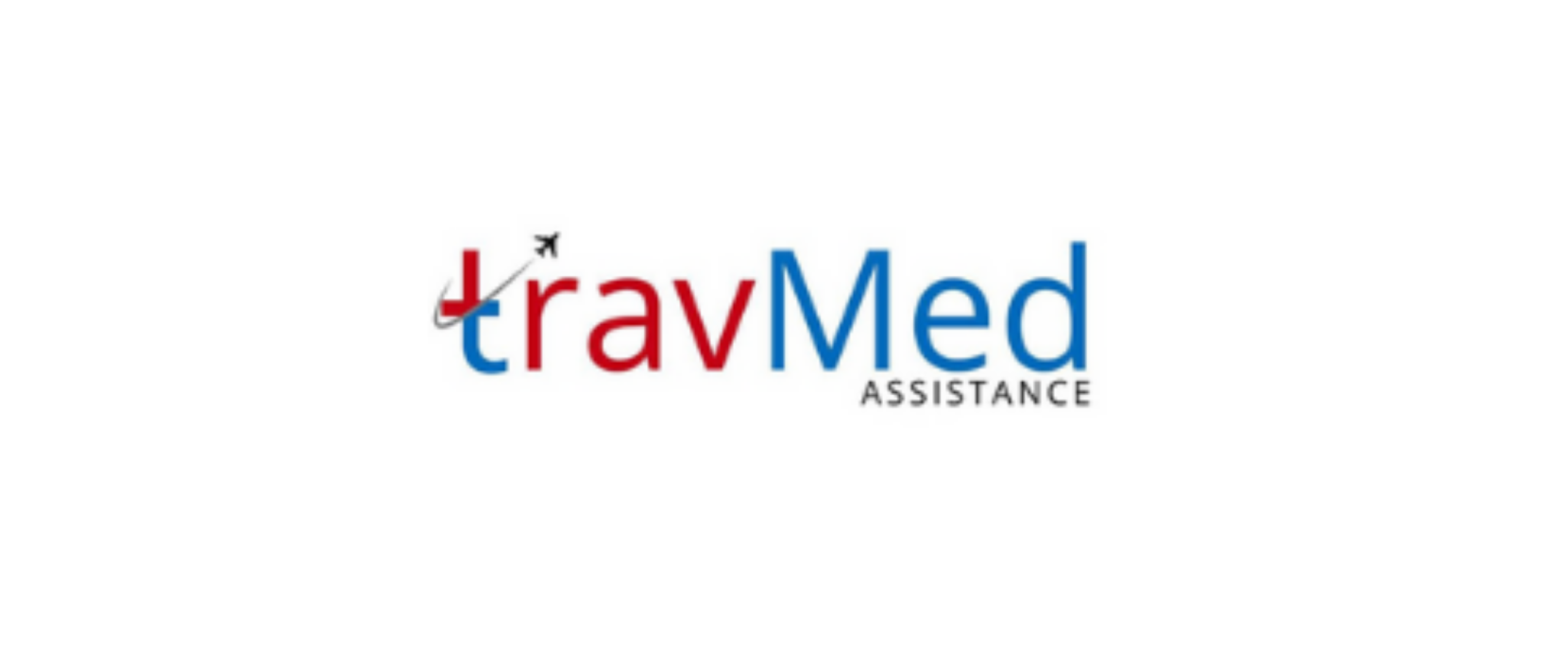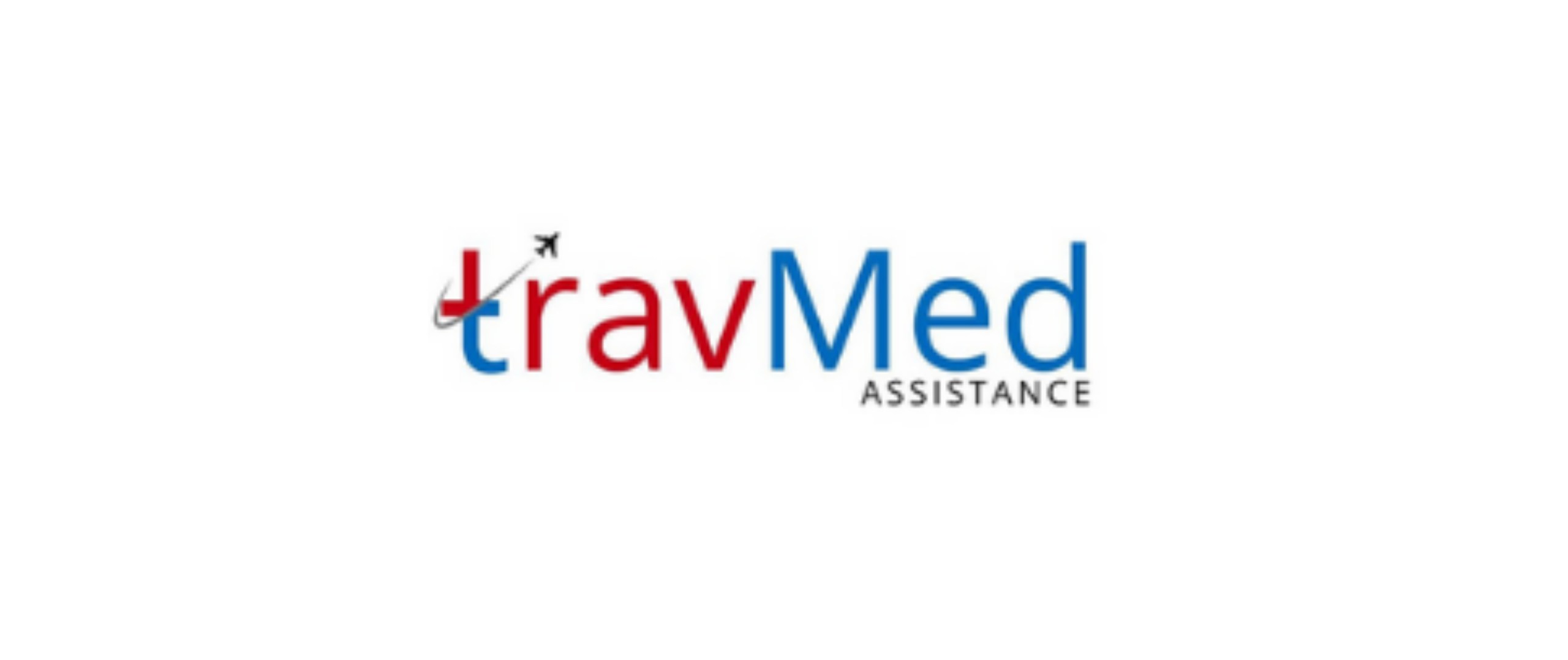
What are nurse services for foreign patients?
Nurse services for foreign patients in Nepal encompass a wide range of medical care and assistance provided to international visitors, tourists, and expatriates. These services cater to the specific healthcare needs of non-Nepali individuals who may require medical attention during their stay in the country. Skilled and experienced nurses offer personalized care, including administering medications, monitoring vital signs, changing dressings, and assisting with daily activities. The services are designed to ensure that foreign patients receive high-quality medical care that meets international standards while accommodating language and cultural differences. Nurse services can be arranged for various medical conditions, from minor illnesses to post-operative care, and can be provided in hospitals, hotels, or private residences.
Who provides nurse services in Nepal?
In Nepal, nurse services for foreign patients are provided by a variety of healthcare professionals and organizations. These include:
- Private hospitals and clinics
- Specialized medical tourism companies
- Independent nursing agencies
- Freelance registered nurses
- Travel assistance companies
- International medical evacuation services
Many of these providers employ nurses who are trained in international healthcare standards and have experience working with foreign patients. Some organizations also collaborate with international healthcare networks to ensure seamless care for patients from different countries. The Nepal Nursing Council regulates nursing practice in the country, ensuring that all registered nurses meet the required qualifications and standards of care. Foreign patients can choose from a range of service providers based on their specific needs, budget, and preferences.
How do nurse services work for foreigners?
Nurse services for foreigners in Nepal typically follow a structured process to ensure efficient and effective care. Initially, the patient or their representative contacts a service provider to discuss their medical needs and requirements. The provider then assesses the patient’s condition and recommends an appropriate level of care. Once agreed upon, a qualified nurse is assigned to the patient. The nurse’s responsibilities may include:
- Administering prescribed medications
- Monitoring vital signs and overall health status
- Assisting with personal hygiene and daily activities
- Providing wound care and changing dressings
- Coordinating with doctors and other healthcare professionals
- Maintaining detailed medical records
- Offering emotional support and companionship
The nurse may work on a shift basis or provide round-the-clock care, depending on the patient’s needs. Regular communication is maintained between the nurse, the service provider, and the patient’s family or travel companions to ensure comprehensive care. In cases where specialized medical attention is required, the nurse can facilitate referrals to appropriate healthcare facilities or specialists in Nepal.
What documents are required for nurse services?
To access nurse services in Nepal, foreign patients typically need to provide several documents to ensure proper care and compliance with local regulations. These documents may include:
- Valid passport and visa
- Travel insurance policy details
- Medical history and current medication list
- Recent medical reports and test results
- Prescription for required medications
- Letter from the patient’s home country doctor (if applicable)
- Consent forms for medical treatment
- Power of attorney (in case of incapacitation)
- Emergency contact information
- Proof of payment or financial guarantee
Service providers may require additional documentation depending on the specific medical condition and the type of care needed. It is advisable for foreign patients to have copies of all relevant medical documents translated into English to facilitate communication with healthcare providers in Nepal. Patients should also check with their chosen service provider for any specific documentation requirements before arranging nurse services.
How much do nurse services cost in Nepal?
The cost of nurse services for foreign patients in Nepal varies depending on several factors, including the level of care required, the duration of service, and the qualifications of the nurse. On average, basic nursing services can range from $50 to $150 per day. However, more specialized care or round-the-clock nursing can cost between $200 to $500 per day. Additional expenses may include:
- Medical supplies and equipment rental
- Medications and treatments
- Transportation costs for the nurse
- Accommodation for the nurse (if required)
- Translation services (if needed)
Some service providers offer package deals that include accommodation, meals, and transportation along with nursing care. It’s important to note that costs can be higher in remote areas or for specialized medical conditions. Foreign patients should discuss all potential costs with the service provider beforehand and ensure they have adequate travel insurance coverage. Many providers require a deposit or full payment in advance, especially for short-term services.
Are services available in remote areas?
Nurse services for foreign patients are available in remote areas of Nepal, although accessibility and availability may be more limited compared to urban centers. Many service providers offer mobile nursing teams that can travel to remote locations to provide care. However, patients should be aware of potential challenges in remote areas, such as:
- Limited access to specialized medical equipment
- Longer response times for emergency situations
- Higher costs due to transportation and logistics
- Potential language barriers with local healthcare providers
- Limited availability of certain medications or treatments
Despite these challenges, several organizations specialize in providing medical care in remote regions of Nepal, particularly in popular trekking areas like the Everest and Annapurna regions. These services often include experienced nurses who are familiar with altitude-related illnesses and other conditions common among trekkers. Foreign patients planning to visit remote areas should arrange nurse services well in advance and ensure they have comprehensive travel insurance that covers medical evacuation if necessary.
How long do nurse services take to arrange?
The time required to arrange nurse services for foreign patients in Nepal can vary depending on several factors, including the patient’s location, the urgency of the medical need, and the availability of qualified nurses. In general, the process can take anywhere from a few hours to several days. For non-emergency situations in major cities like Kathmandu or Pokhara, nurse services can often be arranged within 24 to 48 hours. However, for remote areas or specialized care requirements, it may take 3 to 5 days to make necessary arrangements.
Factors that can affect the arrangement time include:
- Complexity of the patient’s medical condition
- Availability of nurses with specific language skills
- Need for specialized equipment or medications
- Visa and work permit requirements for international nurses (if applicable)
- Seasonal demand, especially during peak tourist seasons
To ensure timely arrangement of nurse services, foreign patients or their representatives should contact service providers as soon as possible and provide all necessary information and documentation promptly. Some providers offer expedited services for urgent cases, but these may come at an additional cost.
Can services be provided at hotels or hospitals?
Nurse services for foreign patients in Nepal can be provided in various settings, including hotels and hospitals, offering flexibility to meet different patient needs and preferences. Many service providers offer in-room care at hotels, allowing patients to receive medical attention in a comfortable and familiar environment. This option is particularly suitable for patients with minor illnesses or those requiring post-operative care who do not need constant hospital monitoring.
For hotel-based care, nurses can:
- Administer medications and treatments
- Provide basic medical assessments
- Assist with personal care and mobility
- Coordinate with local doctors for check-ups
Hospital-based nurse services are also available and are typically recommended for patients with more serious medical conditions or those requiring specialized equipment and facilities. In hospitals, nurses work alongside doctors and other healthcare professionals to provide comprehensive care. Some hospitals in Nepal offer private rooms or VIP wards specifically designed for foreign patients, combining high-quality medical care with hotel-like amenities.
The choice between hotel and hospital-based services depends on the patient’s medical needs, personal preferences, and the recommendations of healthcare professionals. Service providers can help patients determine the most appropriate setting for their care.
How reliable are nurse service providers?
The reliability of nurse service providers in Nepal varies, but many reputable organizations offer high-quality care that meets international standards. To ensure reliability, foreign patients should consider the following factors when choosing a service provider:
- Accreditation and certifications from recognized healthcare organizations
- Experience in dealing with international patients
- Qualifications and training of nursing staff
- Transparency in pricing and service agreements
- Positive reviews and testimonials from previous patients
- Affiliations with reputable hospitals or medical facilities
- Availability of 24/7 support and emergency services
- Clear communication channels and responsiveness
Reliable service providers typically have established protocols for quality control, regular training programs for their staff, and mechanisms for addressing patient concerns. Many also maintain partnerships with international healthcare networks and insurance companies, which can be an indicator of their credibility.
To assess reliability, foreign patients can:
- Research multiple providers and compare their services
- Request detailed information about the qualifications of assigned nurses
- Ask for references from previous international patients
- Consult with their embassy or consulate for recommendations
- Check with professional nursing associations in Nepal for registered providers
While the overall standard of nursing care in Nepal has improved significantly in recent years, it’s essential for foreign patients to do thorough research and choose providers with a proven track record of reliable service.
Are services available 24/7 in Nepal?
Many nurse service providers in Nepal offer 24/7 care for foreign patients, recognizing the need for round-the-clock medical attention in certain situations. This availability ensures that patients can receive care at any time of day or night, which is particularly important for those with chronic conditions, post-operative needs, or in emergency situations. 24/7 services typically include:
- Continuous monitoring of vital signs
- Administration of medications at prescribed times
- Immediate response to changes in patient condition
- Assistance with personal care and mobility at any hour
- Coordination with doctors for urgent consultations
Service providers offering 24/7 care usually operate on a shift system, ensuring that patients have access to fresh, alert nursing staff at all times. Some organizations also maintain emergency hotlines that patients or their families can call for immediate assistance or advice.
While 24/7 services are widely available in major cities and tourist areas, availability may be more limited in remote regions. Patients requiring constant care in remote areas may need to arrange for a dedicated nurse to stay with them or consider relocating to a more accessible location. It’s advisable for foreign patients to discuss their specific needs with service providers and ensure that 24/7 care is explicitly included in their service agreement if required.
How do I contact nurse service providers?
Contacting nurse service providers in Nepal is a straightforward process, with multiple channels available for foreign patients or their representatives. Here are the primary methods to get in touch with service providers:
- Online platforms: Many providers have websites with contact forms or live chat options
- Email: Send detailed inquiries to the provider’s official email address
- Phone: Call the provider’s customer service line for immediate assistance
- Mobile apps: Some providers offer dedicated apps for easy communication
- Social media: Reach out through official Facebook, Twitter, or LinkedIn pages
- In-person: Visit the provider’s office if you’re already in Nepal
- Through hotels: Many hotels in Nepal have partnerships with medical service providers
- Via travel agencies: Travel agencies often have contacts with reliable nurse service providers
When contacting a provider, be prepared to provide:
- Patient’s basic information and medical condition
- Desired location and duration of service
- Specific care requirements or preferences
- Insurance details (if applicable)
It’s recommended to contact multiple providers to compare services and prices. Many providers offer free consultations to discuss your needs in detail before committing to their services. Keep in mind that response times may vary, especially during peak tourist seasons or for inquiries made outside of regular business hours.
Are translators available for foreign patients?
Translators are indeed available for foreign patients seeking nurse services in Nepal, addressing the potential language barriers that can arise in medical situations. Many nurse service providers recognize the importance of clear communication in healthcare and offer translation services as part of their packages. These translators are typically proficient in multiple languages and have experience in medical terminology, ensuring accurate communication between patients, nurses, and other healthcare professionals.
Translation services may include:
- Verbal translation during nurse-patient interactions
- Translation of medical documents and prescriptions
- Assistance during doctor consultations or hospital visits
- Help with filling out medical forms and consent documents
- Cultural mediation to ensure understanding of local healthcare practices
Some providers employ multilingual nurses who can provide both medical care and translation services, streamlining the care process. For less common languages, providers may arrange for professional translators or use technology-based solutions like video interpretation services.
Foreign patients should inquire about translation services when arranging nurse care, specifying their language requirements. While English is widely spoken in the Nepali healthcare system, having a translator can be invaluable for patients who are more comfortable communicating in their native language, especially when discussing complex medical issues or making important healthcare decisions.


